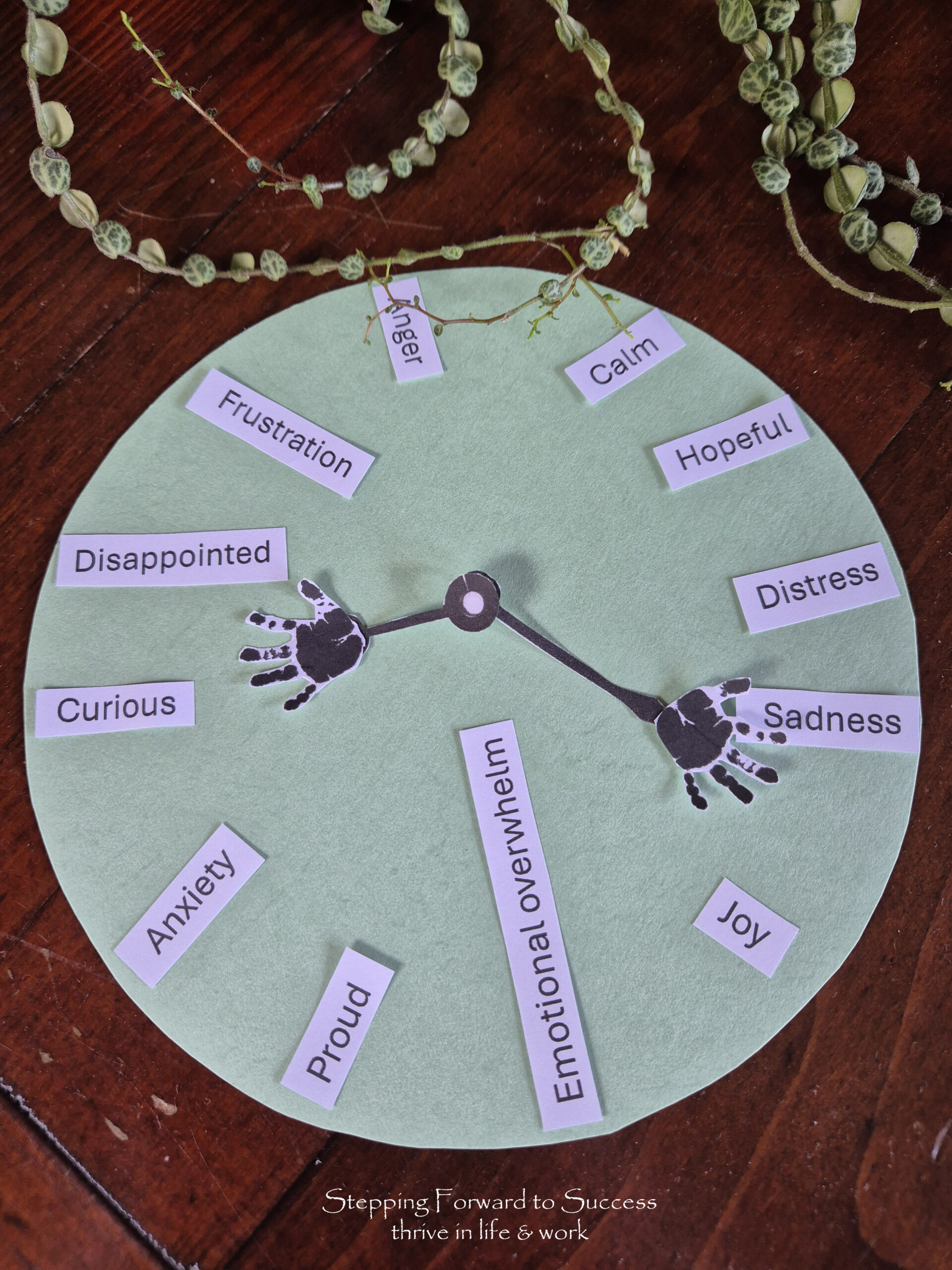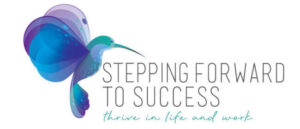In Early Childhood Education, fostering the social and emotional development of children is the cornerstone of creating a thriving learning environment.
Early childhood is a time when children are learning what their emotions are and how they can navigate them. This isn’t always the easiest journey for them.
But feeling those emotions is part of what it is to be human.
As ECE teachers, we can help support tamariki through their emotional journeys and provide invaluable guidance in this area.
Let’s explore how we can nurture these key competencies.

Social and Emotional Competencies: Beyond Building Resilience
A common goal in ECE is to help children build resilience. While this is a vital skill for children to master, it is not the only one. As the key resource He Māpuna te Tamaiti highlights, resilience is only one part of a broader tapestry.
Social and emotional competence involves understanding, expressing, and managing emotions while also developing empathy and building positive relationships. That’s a lot of little minds to master! We need to explore ways to help them do this in a supportive fashion.
These competencies can make fascinating work as an Inquiry topic. Exploring how to encourage children to more than simply “bounce back” from challenges is both intriguing and helpful for their development. Also resilience, is a helpful skill:
- Recognise: Being able to recognise and name the emotions they are feeling is a foundational step for strong emotional literacy.
- Understand: Children can struggle to process big emotions, so as teachers, we need to do our best to understand each child individually and provide them with the support they need both in the moment and long term.
- Navigate: It is possible for children of all ages to learn how to navigate their emotions constructively, they just need the right strategies to do so.
By helping children to build more than just resilience, it sets them on the path to becoming emotionally competent individuals. The skills they learn in these early stages can become tools that will continue to serve them throughout their lives.
The Ideas In He Māpuna te Tamaiti
A core document in your learning as an ECE teacher, He Māpuna te Tamaiti lays out information on how to remove barriers to learning, engagement and wellbeing so that our mokopuna will flourish. It is an invaluable source for tackling the areas of emotional and social competencies.
He Māpuna te Tamaiti emphasises that nurturing emotional development begins with relationships. So, as teachers, our interactions with the tamariki become central to fostering trust, respect, and emotional safety.
Some of the key practices we can work on to help children develop in this area are:
- Modelling emotional regulation: Teachers must lead by example, demonstrating that we can manage our own emotions effectively, even when the day is starting to get on top of us! By modelling good emotional behaviour, we can help our children see real-world examples of emotional literacy.
- Acknowledging emotions: You can help the children in your Centre to feel understood and heard by validating their feelings. Simple phrases like “I can see you are upset because you wanted to keep playing”, let the child feel empathy as you are recognising their emotions.
- Creating supportive environments: Positive interactions are what we are aiming for, so your teaching practices and the learning environments you foster should all align together with this goal in mind.
Mentorship And Emotional Competence
It can feel like a big responsibility to be responsible for the emotional competence of the children at your Centre. That’s why it can be valuable to include this topic in the work you do with your mentors, whether they be your Centre assigned mentor, or an external ECE mentor like myself.
As mentioned earlier, a really good way to delve into this topic further is to use it as one of your Inquiry focuses. Your mentor can help you develop your own emotional awareness and how you can incorporate it into your teaching practices.
A helpful way to do this is to engage in reflective practice. Through methods of discussion or journaling, you can analyse specific interactions and if an alternative approach would have been more appropriate in the moment.
You can explore concepts like:
- What were the possible emotional triggers for the child in this moment
- What strategies could ease frustration and promote coping – such as visual cues or comfort items
- How you might involve whānau in understanding and supporting the child’s needs
By grounding your conversations in the principles of He Māpuna te Tamaiti, you’ll be able to work with culturally and developmentally informed strategies, empowering your teaching practices.
A Holistic Approach
In ECE, supporting the social and emotional development of children is about more than managing behaviour – it’s about nurturing the whole child. This requires you to connect with the children to understand the emotions behind their actions and create an environment where they feel safe to grow.
If you feel you may need some support to help facilitate these connections, an external mentor like myself could be the answer. Working in a triangular relationship with you and your Centre assigned mentor, I can help you approach these interactions with patience and intentionality. This will ensure that children not only build resilience, but can also navigate the complex landscape of emotions to develop emotional competence.
As an ECE Mentor, I would love to have the privilege of guiding you through ensuring the next generation builds strong emotional and social skills. Let’s chat if you feel we might be a good fit to work together.
The great thing about mentorship is that you can layer the support you receive by having both a Centre assigned mentor and an external mentor. Learn more about the Kete Ako programme here: Kete Ako programme.
I also have resources that can be added to your toolkit. Click here to read more about the Roadmap. Or click here to purchase the Roadmap to Certification e-book for Provisional Certified Teachers. Alternatively, if you are wanting to learn more about my packages, reach out today.
Useful links:
My Website

